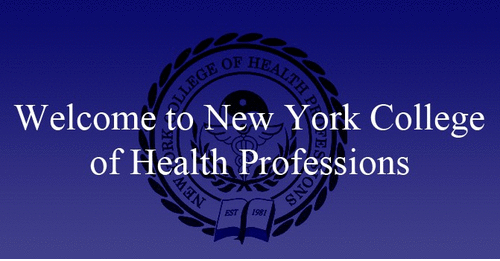Did you know that Massage Therapy is one of the fastest growing career fields? According to the Bureau of Labor Statistics, the projected increase in employment of massage therapists from 2012 to 2022 is 23%, which is much faster than the average of 11% for all jobs. Individuals choose to pursue massage therapy for many reasons, including:
- Scheduling Flexibility: Most individuals want to have the scheduling flexibility to tend to their family, hobbies and be free to work when they want to, not when they are told to. Licensed massage therapists have that option if they decide to build their own practice, which some decide to do. Therefore, massage therapists are able to work as often and as long as they wish.
- Workplace Flexibility: As a massage therapist, massage therapists are able to choose from a variety of environments to work in such as medical spas, hospitals, private practices, spas, cruise ships and with sports teams, to name a few. Large companies such as Google hire massage therapists specifically for their employees to help with stress relief and to increase productivity.
- Job Satisfaction: Massage therapists are able to help their clients deal with various ailments, both physical and mental. Due to the nature of the job as well as the scheduling flexibility, massage therapists are satisfied with their occupation.
